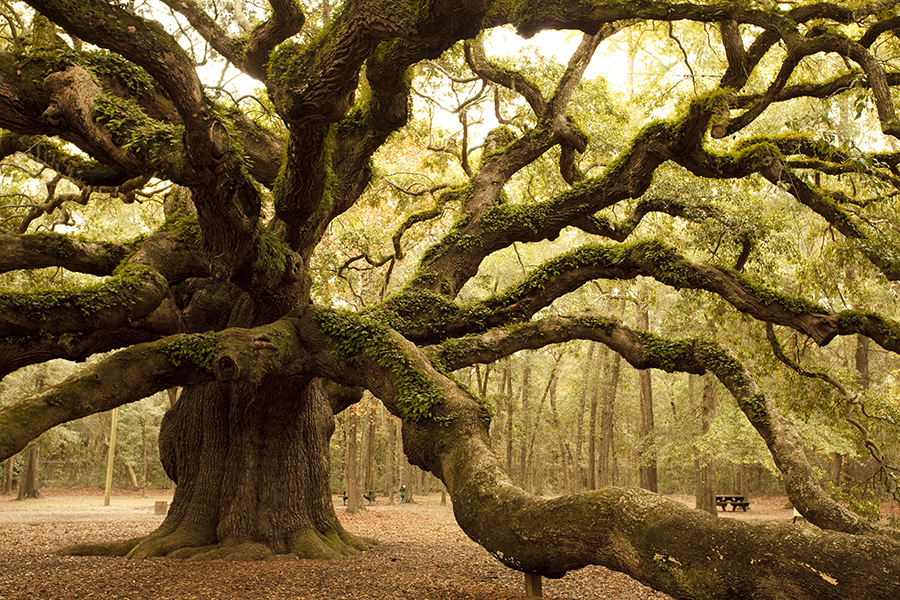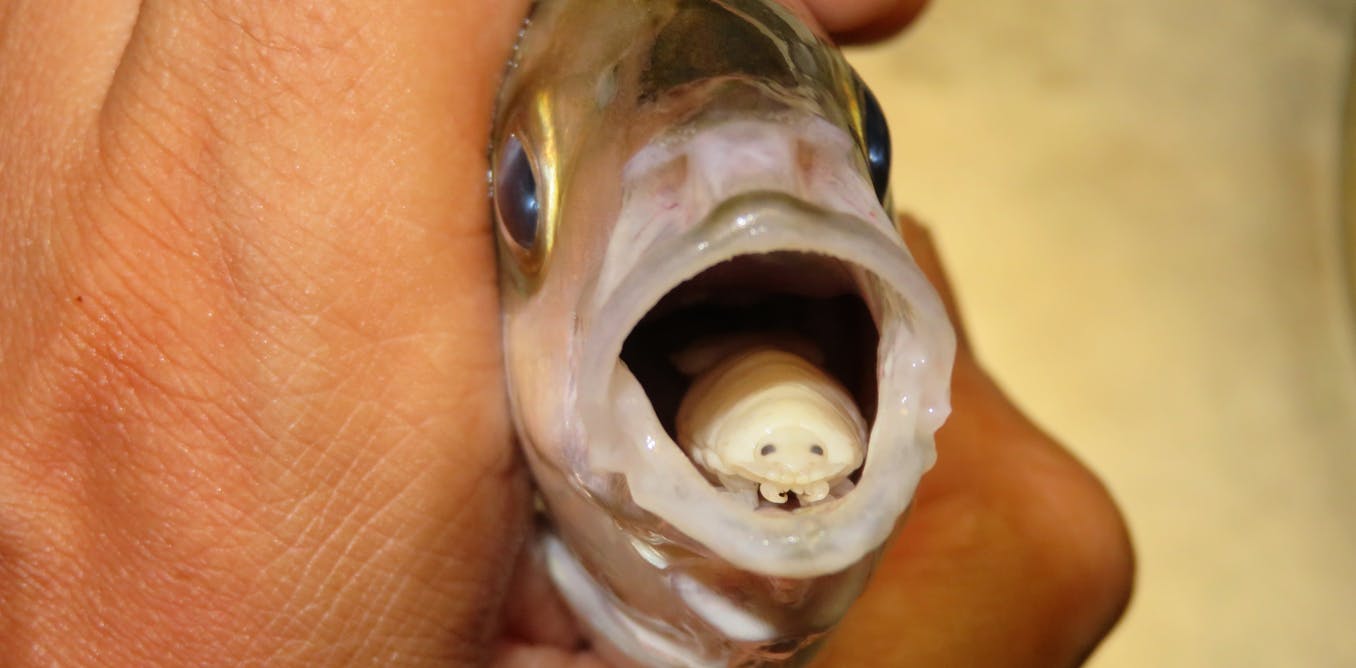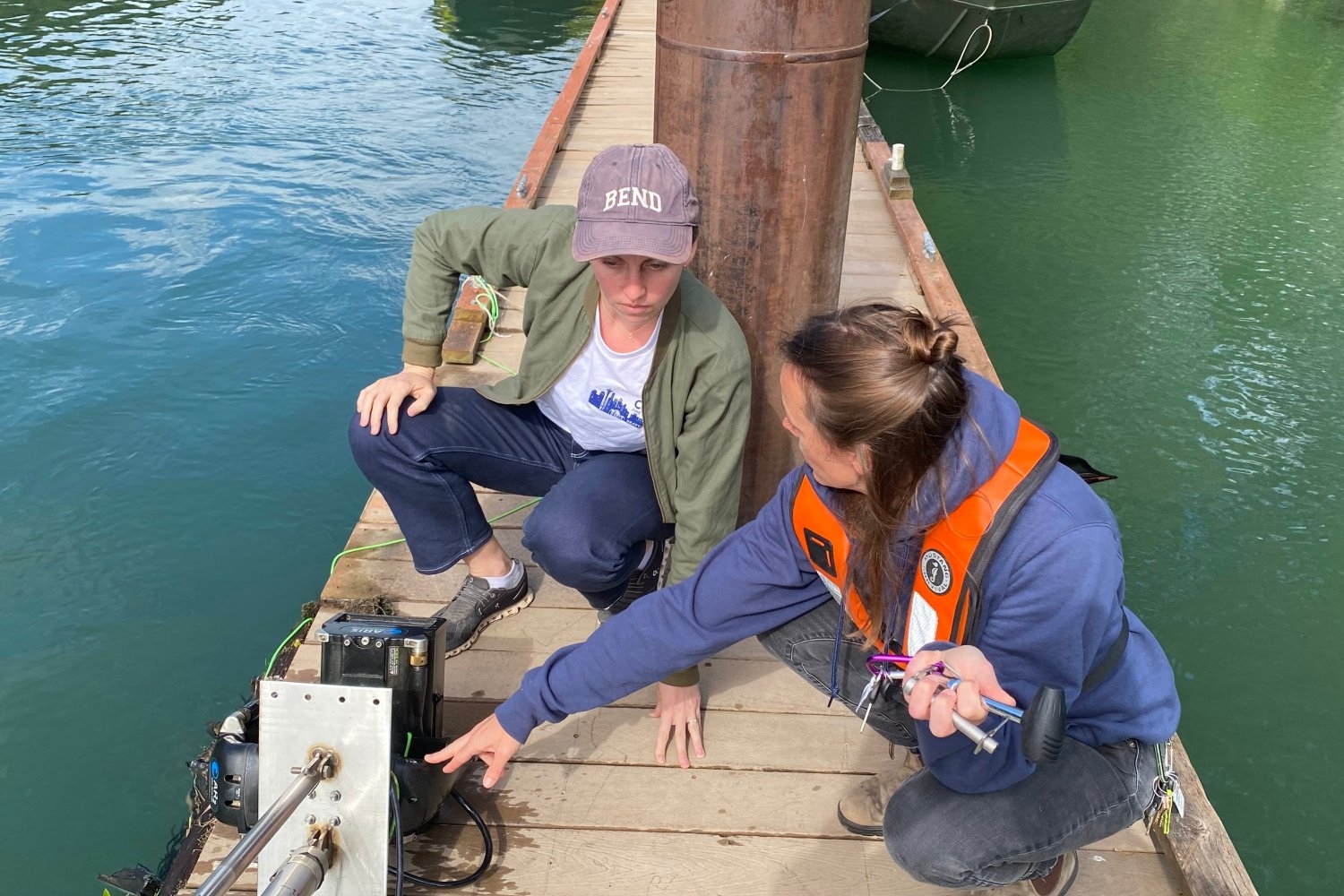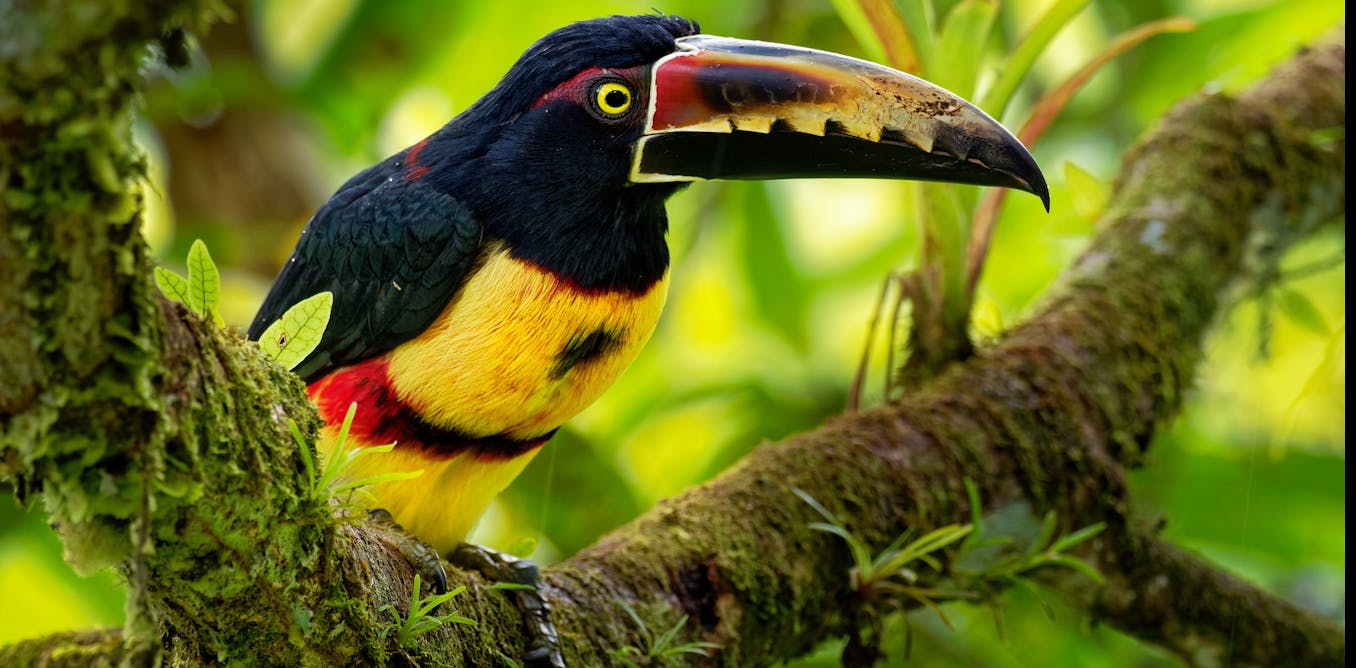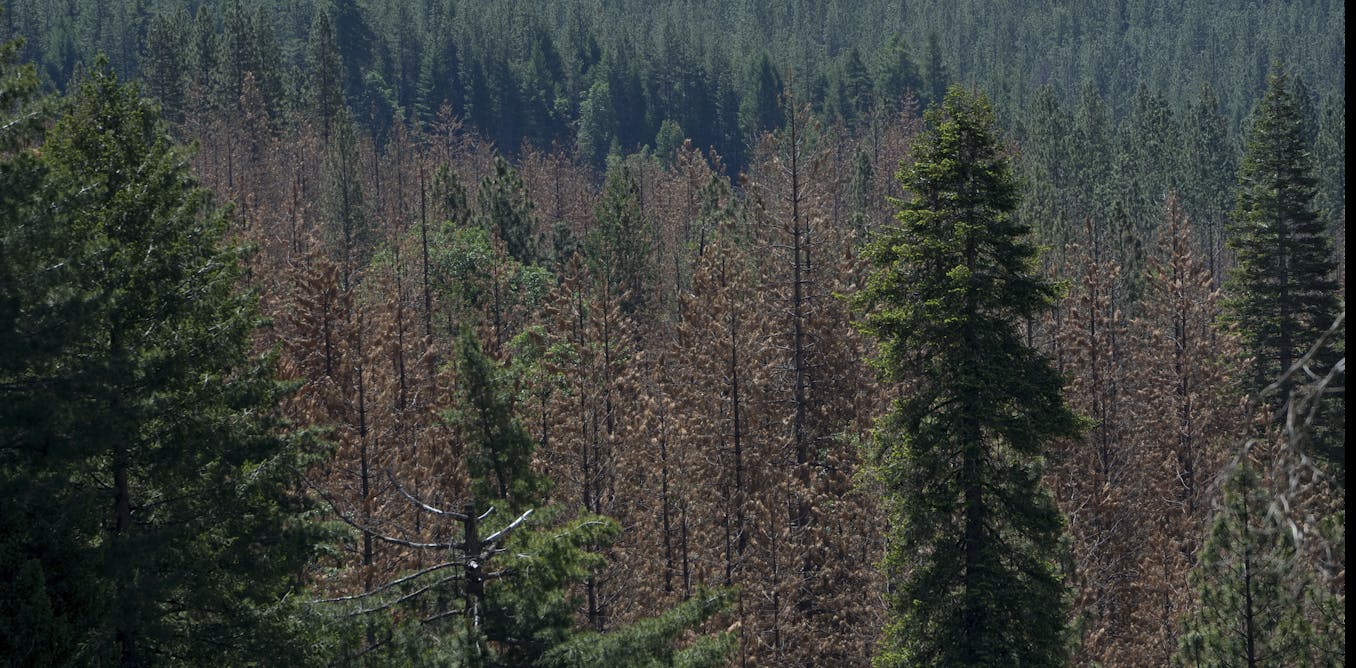Parrotfish support healthy coral reefs, but they’re not a cure-all, and sometimes cause harm
A widely held view in ocean conservation asserts that parrotfish are key to healthy coral reefs. But evidence suggests that the relationship is more complicated.
Feb. 26, 2025 • ~8 min
Mirror life is a scientific fantasy leading to a dangerous reality − a synthetic biologist explains how mirror bacteria could conquer life on Earth
Synthetic cells that look just like natural cells but are chemically reversed could outcompete other living organisms − with dire consequences for human health and the environment.
Feb. 11, 2025 • ~10 min
Human use of fire has produced an era of uncontrolled burning: Welcome to the Pyrocene
Humans have become a geologic force by cooking the planet – using fire on a scale that is altering land, water, air and ecosystems.
Jan. 22, 2025 • ~10 min
Many species reach their heat limits at similar temperatures, leaving ecosystems at risk of sudden climate-driven collapse – new study
Plants and animals that live in the same community share the same heat tolerance – new study.
Jan. 9, 2025 • ~6 min
Species reach their heat limits at similar temperatures, leaving ecosystems at risk of sudden climate-driven collapse
Plants and animals that live in the same community share the same heat tolerance – new study.
Jan. 9, 2025 • ~6 min
Trees ‘remember’ wetter times − never having known abundant rain could buffer today’s young forests against climate change
Water availability regulates tree growth and can have ‘legacy effects’ long after conditions change.
Jan. 9, 2025 • ~11 min
/
27

